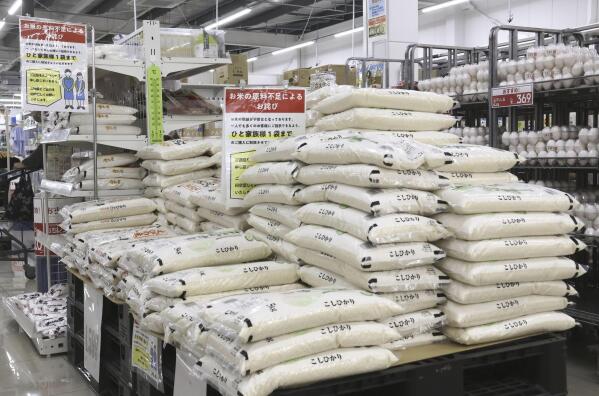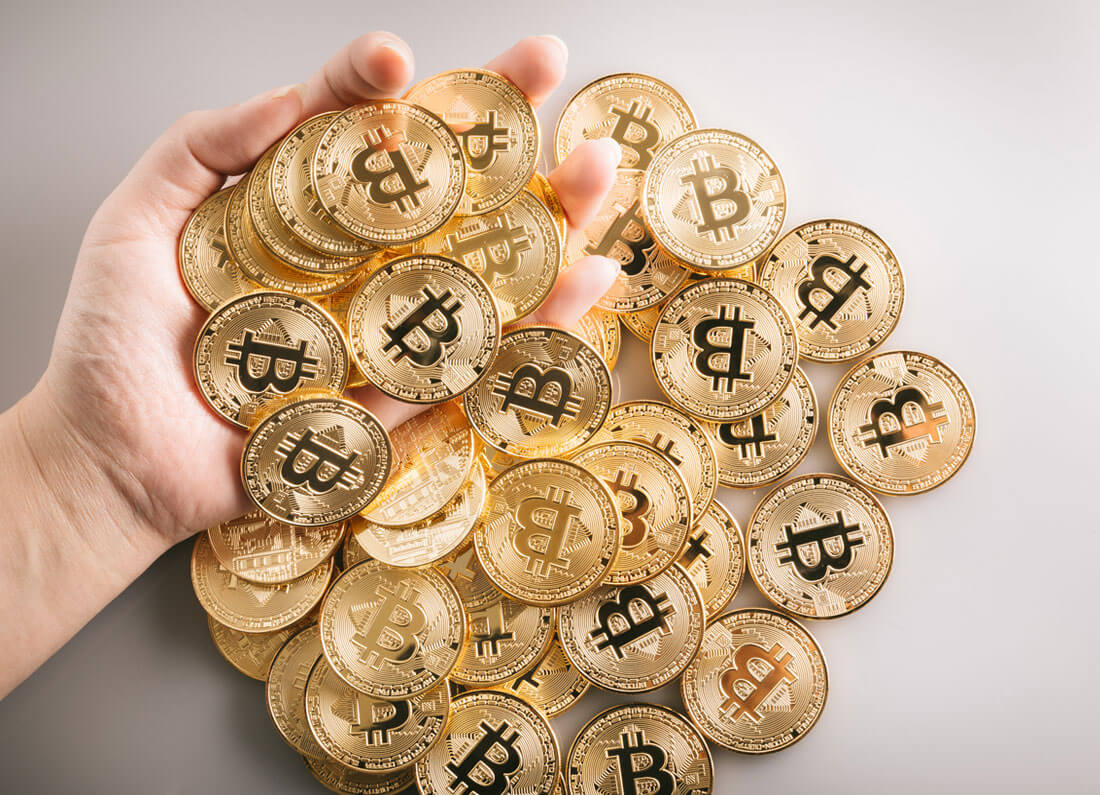In what’s being dubbed as one of the most dramatic spikes in staple food prices in recent Japanese history, rice prices in Japan soared by a staggering 98% in April 2025, compared to the same period last year. The shocking inflation data, released on Friday, has sparked nationwide concern, ignited political backlash, and triggered scrutiny of long-standing agricultural policies under Prime Minister Shigeru Ishiba’s administration.
The Grain Drain: What Went Wrong?
The roots of the rice crisis are deep and layered. Experts cite a perfect storm of supply-demand chaos:
- A record-breaking heatwave in 2023 devastated rice harvests.
- Panic-buying swept through the country in early 2024 following false earthquake alerts.
- Japan’s borders, now open to a tsunami of sushi-loving tourists, added pressure to already strained supplies.
- And behind closed doors? Whispers of hoarding by distributors have emerged, though no formal indictments have been made yet.
Rice Fields Shrinking, Farmers Aging
For years, Japan’s agricultural policies deliberately reduced rice cultivation, assuming demand was dwindling. But that bet is backfiring.
Government incentives had encouraged farmers to shift from rice to other crops, and now, with 90% of rice farmers over age 60 — and 70% of them with no successors — Japan finds itself caught flat-footed.
The numbers tell a grim story:
- In 1961: 3.4 million hectares dedicated to rice farming
- In 2024: Just 2.3 million hectares remain
“The government spent years shrinking the rice industry instead of strengthening it,” laments Tadao Koike, a third-generation rice retailer in Tokyo. “Now we’re all paying the price.”
Stockpiles Can’t Save the Day
To ease the crisis, the government began auctioning rice from emergency stockpiles — reserves first created in 1995. But the effort fell flat.
Analysts say the released rice is mostly “blended rice”, which doesn’t appeal to consumers who crave premium, region-specific varieties.
“Branded rice prices are rising so fast, they cancel out the cheap effect of stockpiled rice,” explains Masayuki Ogawa, a food supply expert from Utsunomiya University.
Political Boil Over: LDP in Hot Soup
As rice prices burn through household budgets, political pressure is mounting on the ruling Liberal Democratic Party (LDP).
- The party, already weakened after losing its majority last year, now faces a voter revolt ahead of critical Upper House elections in July.
- The final straw? A shocking comment from former Farm Minister, Taku Eto, who said:
“I never bought rice myself. My supporters donate so much to me.”
The public outrage was swift. Eto resigned in disgrace, but the damage to LDP’s credibility may already be done.
“The ruling party looks out of touch,” one Tokyo resident said. “While we line up for rice, they brag about freebies
WHAT’S NEXT?
There’s a glimmer of hope. Economic experts at Capital Economics say the weekly spike may be cooling off, and that rice inflation might ease soon — but the political fallout has already begun.
For Japan, a nation where rice isn’t just food but tradition, this is more than an economic hiccup. It’s a cultural and political reckoning — and one the Ishiba administration may not recover from in time for July.
AFP















Leave a Reply